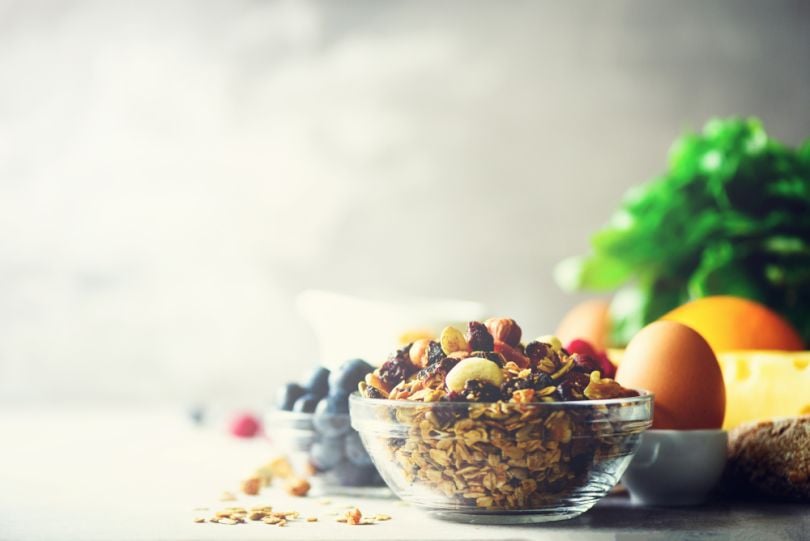
PepsiCo is going to school. The food and beverage giant recently announced in a press release that it has brought snackbot, an outdoor, autonomous robot bearing snacks and beverages from its line of health-conscious brands Hello Goodness to the campus of University of the Pacific in Stockton, California.
Snackbot is the product of a partnership with with Bay Area-based Robby Technologies and marks the first time a company of PepsiCo’s stature has debuted a robotic fleet that doles snacks and beverages directly to students.
Snacks are taking on greater significance to the diet of the average college student, whose busy schedules make days of three fixed meals few and far between, says PepsiCo.
"We're thrilled to launch our Hello Goodness autonomous delivery snackbots and reimagine college snacking for the future. PepsiCo has a unique opportunity to better serve today's ambitious college students, by joining together the power of the Hello Goodness portfolio with our expertise in design and equipment innovation."
"We're thrilled to launch our Hello Goodness autonomous delivery snackbots and reimagine college snacking for the future," said Scott Finlow, Vice President Innovation and Insights, PepsiCo Foodservice. "PepsiCo has a unique opportunity to better serve today's ambitious college students, by joining together the power of the Hello Goodness portfolio with our expertise in design and equipment innovation."
PepsiCo hopes that the snackbot will continue its successful strategy focusing on curation and convenience. "We're thrilled to welcome snackbot to our campus, along with its convenient and nourishing options," said Matt Camino, Director of e-Commerce at University of the Pacific Stockton. "This innovative technology from PepsiCo is enhancing campus life for our students, staff and faculty alike, who have embraced this new way of snacking from PepsiCo."
Hungry students in the University of Pacific community can use the snackbot App to order snacks and beverages for delivery within a 9 a.m. to 5 p.m. time window to more than 50 designated areas across the 175-acre campus.



